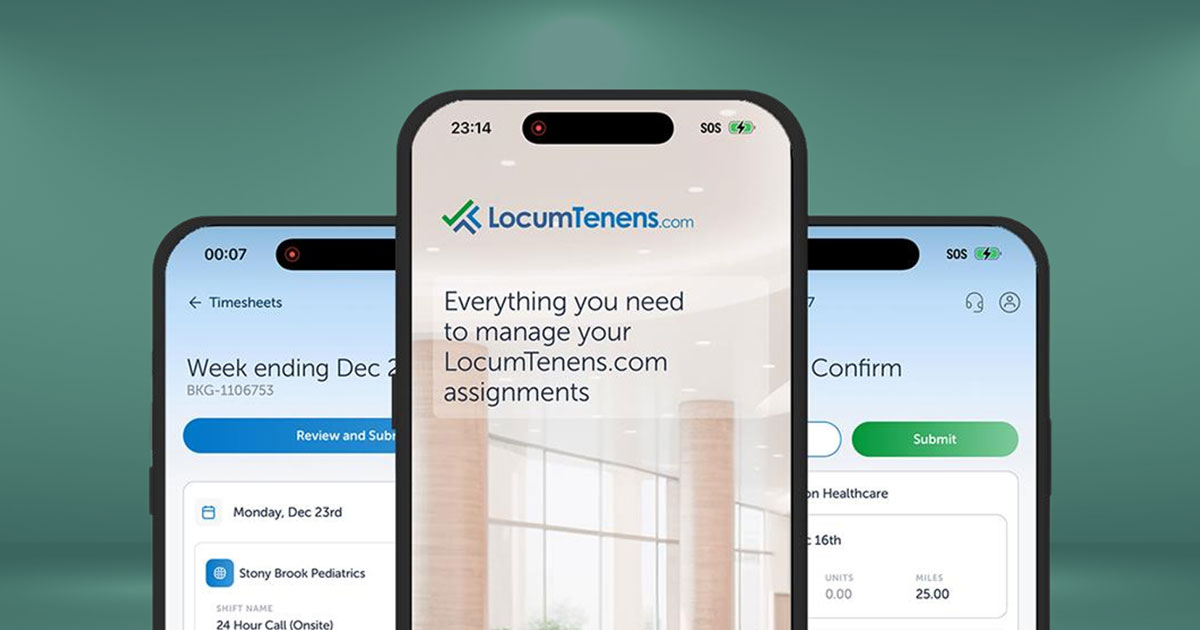“In early spring of 2017, I was feeling more sluggish and tired than usual. I chalked the fatigue up to working out more and doing extra things around the house as my wife was pregnant,” says Justin. At his annual primary care visit in April, Justin received bloodwork results that showed an elevated white blood cell count. This was pretty common to have as he also had Crohn’s disease. White blood cells fight off infection in your body, so he just thought the elevation was due to inflammation from the Crohn’s disease.
Months passed, and Justin continued to feel unwell. But it was easy to attribute his symptoms to other factors in his life. He was doing more around the house and by September, he had a newborn baby at home. His symptoms continued to worsen even after the baby arrived and it wasn’t until his wife suggested he attend a regular eye exam in November that he realized just how serious his condition was.
“After the retinal exam, two doctors came into the room looking very concerned. They started asking questions about my general health and that’s when I realized something wasn’t right. I shared how fatigued I had been, but let them know we just had a newborn baby so we had many sleepless nights.” The doctors told Justin his retinal exam was not normal.

LocumTenens.com associate Justin Bracco has been fighting chronic myeloid leukemia (CML) since November 2017. Despite facing a health crisis of his own, he has remained steadfast and passionate about working to ensure others are receiving the health care they need.
“They said it looked like a snowstorm in my blood vessels. I just had white spots all throughout.” Justin now knows it was the elevated white blood cells causing the “snowstorm.” The eye doctors suggested he contact Emory Hospital and go immediately for further blood tests. “My eye exam was Friday November 10 at 12:30pm and by 3pm I was sitting at Emory.”
After a sleepless weekend waiting for his test results, Justin received a message on Sunday morning asking him to return to Emory’s Winship Cancer Institute. “I can remember driving down to Emory with every emotion possible. What is my diagnosis going to be? Will this be it for me? Will I be told I have months to live? Sitting in the waiting room and looking at all of the other cancer patients, not knowing what’s happening, I was scared to death. I remember asking the doctor as soon as she came into the room, ‘Am I going to die’?”
“A normal, healthy person’s white blood cell count is anywhere between 4,000-9,000 and mine was at 330,000.” Thankfully, despite his symptoms, Justin was informed they had caught the CML in somewhat of an early stage. His oncologist decided to treat him with oral chemotherapy, and he was able to begin treatment the very next week. “When you receive the diagnosis, a million things are going through your mind. I thought through everything that had happened over the past few months. I had lost 30 pounds. I had chest pains at times, which I learned was because my spleen was enlarged. I was bruising easily because my elevated white blood cell count meant a lower red blood cell count. In that moment, it was like everything I kept putting off had come to fruition.”
The most debilitating side effect of the oral chemotherapy was migraines, but despite initially struggling to get out of bed or even move his head, he returned to work only a week after he started treatment. “I didn’t want the perception to be that I didn’t want to be at work,” says Justin. “I was so thankful that despite everything and the way I was feeling, I was able to go to work and use that as a positive distraction. I am so passionate about what I do and I love working with my teammates. I didn’t want to allow my diagnosis to define who I am.”
The pandemic was especially difficult for Justin and his wife, who had their second child in May 2020. “My numbers were going down and things were improving, but then COVID happened. I was scared to death to leave our house. As a cancer patient, I had a significant underlying condition and was severely immunocompromised. In addition, my wife was pregnant, so I didn’t want her to be exposed either and didn’t want her to leave the house. The only place I ever went was to the grocery store. I always wore two masks to protect myself.”
Justin’s wife was able to deliver at a hospital with fewer beds, making it less likely for the family to be exposed to COVID. “We were very fortunate to have her where I was able to be in the room,” says Justin, who now credits his eye doctors for saving his life.
“The pandemic was a trying time, but we tried to make the most of it. I like to look at the positives, and it was great for us because we spent a lot of time with our newborn daughter. I’m very fortunate to be in the position I’m in; I have a beautiful wife and two healthy children. Sometimes I still get emotional when I think about what has happened. When people say time goes by fast, they’re right. Everyone has a lot of big life changes that affect them, but throw in a cancer diagnosis, and it puts things into perspective. The medicine doesn’t affect me as much as it did at the beginning. I still have increased joint pain and arthritis, but if that is the worst symptom I have to deal with than I am perfectly ok with that. The one piece of advice I would give anyone is to listen to your body. When things feel off or you begin to exhibit strange symptoms, don’t be afraid to go to the doctor. I put something off for 6 months and it could have taken my life. I do everything my oncologist says and try my best to lead a healthy life because I have three people at home that I love and that keep me motivated everyday!”





